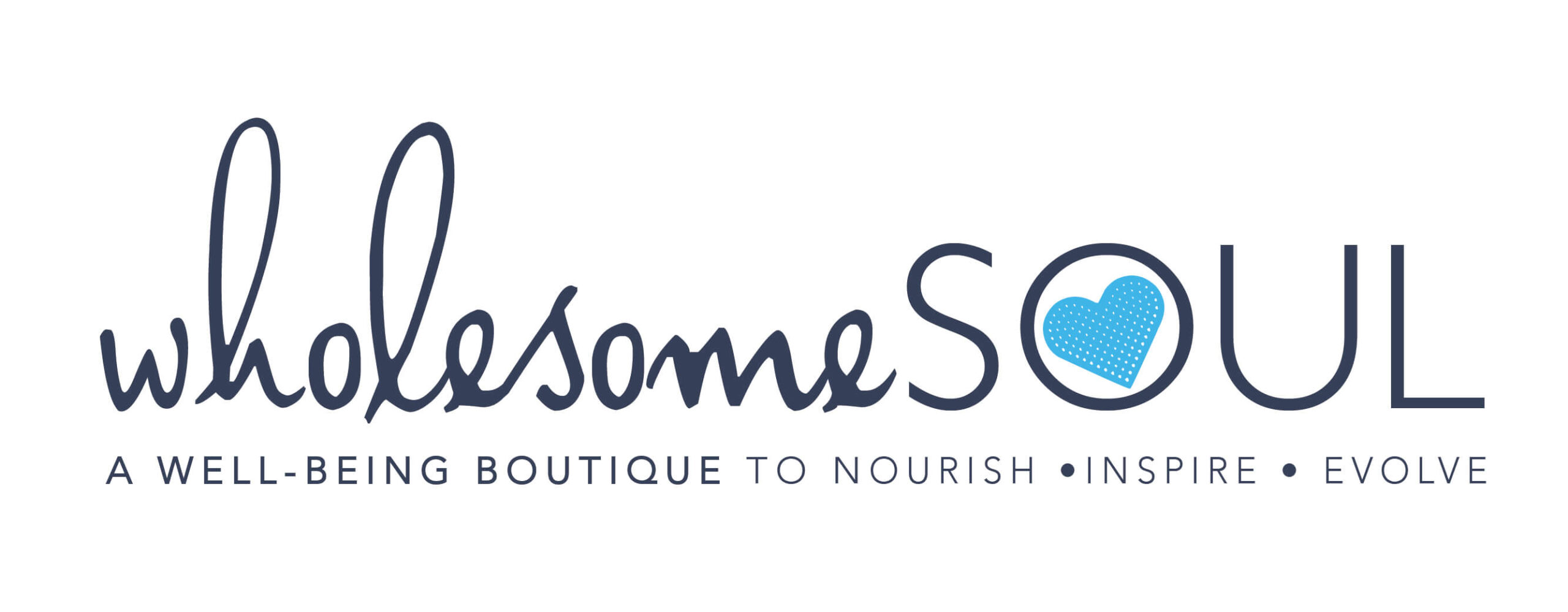Ghee (clarified butter) is one of those staples that almost every Indian home has. There are certain dals and curries where the flavor is greatly enhanced by using ghee rather than oil. The best part is that ghee, unlike butter has a lot great medicinal qualities— of course, like all things, moderation is key.
It’s funny to watch cooking shows these days and listen to people talk about ghee like it was just discovered. Ghee has been around as long as there have been cows and Indians (Indians from India).
Since the western discovery of ghee, it’s become quite a pricey commodity in local health foods stores. My recommendation for those of you that use or would like to try out cooking with clarified butter…try making your own. It’s actually a pretty simple process and leaves a delicious aroma in the house. If made in small batches, it’s both easy and fast; and definitely worth the savings.
Ayurvedically speaking, ghee has many medicinal properties and benefits; so many benefits that during Pancha-Karma (Indian Detoxification Program), ghee plays a large role in lubing up your insides and rejuvenating them. Below is more info on ghee and a recipe on how to make it that I found on the Ayurvedic Institute’s On-line Resource page (a page that is definitely worth checking out).
Happy ghee making and indulging!
xo,
Kajal
p.s. Dr. Lad from the Ayurvedic Institute will be gracing us with his presence for another awesome workshop at Dhyanyoga Centers. Last year’s workshop was AWESOME! For more information, click here.
Ayurvedic Institute | On-line Resources
ABOUT GHEE
Ghee can be used in place of butter and is an ideal cooking oil, as it does not burn unless heated excessively. It makes a wonderful body oil for massage and can serve as a base for herbal ointments (for burns, skin rashes, etc.) and can even be used for lamps, with wicks made from cotton balls.
Ghee is a digestive. It helps to improve absorption and assimilation. It nourishes ojas, tejas and prana. It is good for improving memory and lubricates the connective tissue. Ghee makes the body flexible and, in small doses, is tridoshic. Ghee is a yogavahi—a catalytic agent that carries the medicinal properties of herbs into the seven dhatus or tissues of the body. Ghee pacifies pitta and vata and is acceptable, in moderation, for kapha. Persons who already have high cholesterol or suffer from obesity should be cautious in using ghee. Ghee is not to be used when there are high ama (toxic) conditions.
- 1 pound unsalted butter
- Put the butter in a heavy, medium-sized pan. Turn the heat on to medium until the butter melts.
- Turn down the heat to low, until the butter has a slow boil. Continue to cook at this heat. Do not cover the pot. The butter will foam and sputter while it cooks. Whitish curds will begin to form on the bottom of the pot. The butter will begin to smell like popcorn after a while and turn a lovely golden color. Keep a close watch on the ghee, as it can easily burn.
- After a while it will become a clear, golden color. You will have to take a clean, dry spoon to move away some of the foam on top in order to see if the ghee is clear all the way through to the bottom. When it is clear and has stopped sputtering and making noise, then it needs to be taken off the heat. Let it cool until just warm.
- Pour it through a fine sieve or layers of cheesecloth into a clean, dry glass container with a tight lid. Discard the curds at the bottom of the saucepan.
1 pound of butter takes about 20-30 minutes of cooking time. The more butter you are using, the more time it will take.
Ghee can be kept on the kitchen shelf, covered. It does not need refrigeration. The medicinal properties are said to improve with age. Don’t ladle out the ghee with a wet spoon or allow any water to get into the container, as this will create conditions for bacteria to grow and spoil the ghee.
Two pounds of butter will fill a quart jar with ghee.


